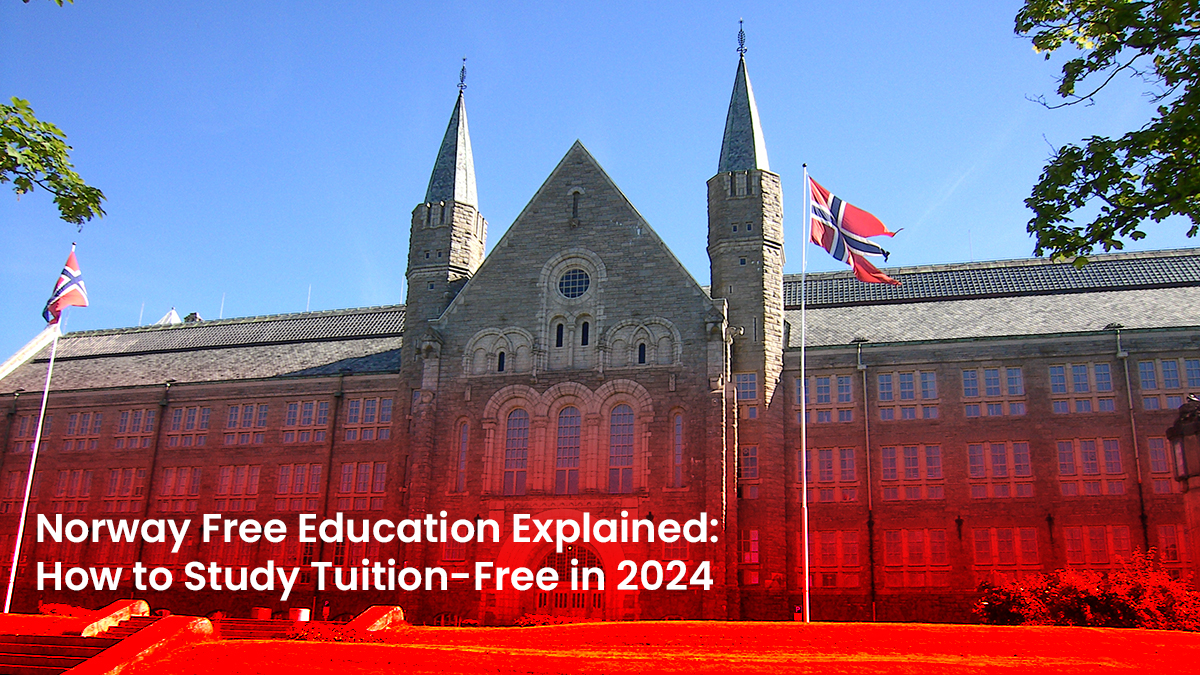Following the great losses and backsteps caused by the COVID-19 pandemic, what could be the state of international education?
Since its emergence two years ago, the COVID-19 pandemic has paralyzed school systems all across the world, leaving a negative effect on the most vulnerable students. The pandemic has temporarily delayed students’ aspirations to study abroad due to restrictions on international air travel and the suspension of classroom instruction.
MSM Unify looks into the state of overseas education through the current lens that captures the post-COVID 19 scenarios.
COVID-19 impacts international education
Across the globe, school shutdowns because of the COVID-19 pandemic have caused severe disruptions in learning and other student activities.
Many countries have stopped the operations of the schools to ensure the safety and well-being of the students. But also because of this, teachers and school administrators were prompted to create emergency remote learning solutions in response to the crisis.
Distance learning, although serving as an immediate response to continuing the education of the students, has left disadvantages to the education sector. One of which is the lack of social interaction among teachers and students. Even though massive efforts have been made to support distance learning at a time of a pandemic, the closures of higher education institutions have led to actual losses in learning.
These losses brought about by the pandemic have even more long-term outcomes such as lack of hands-on involvement in learning, less participation in extracurricular activities necessary for a student’s holistic development, and even possible job losses going forward. The losses caused by the COVID-19 pandemic are predicted to have a long-term compounding detrimental influence on many children’s future well-being if no action is done.
Post-COVID 19 situation
Despite COVID-19’s disruptive influence, the availability of digital technology that supports online learning is a lifetime experience potential for global higher education reform. Everyone is connected through the Internet, and online learning has become a trend.
After several months of online interactions, a paradigm shift in university education has occurred. Even after the COVID-19 outbreak, online schooling has grown in popularity and is expected to continue.
MSM Unify investigated some of the world’s most well-known study locations and their perspectives on the post-COVID 19 international education market.
Australia
In contrast to other countries, Australia, which was one of the first to implement border restrictions in response to COVID-19, has handled the situation admirably and has been quite effective in containing the virus’s spread.
The majority of Australian states, according to Higher Education Plus, supported border opening. During the pandemic, Australian institutions are sending admission offer letters within two days of receiving an application and are offering substantial financial incentives to entice applicants to enroll. Furthermore, the Australian embassy has resumed the student visa procedure, with a substantial number of students recently receiving visas.
Canada
The Canadian government has extended financial aid to foreign students enrolled in Canada who have lost their jobs because of the COVID-19 outbreak since the lockdown. Furthermore, under the Approval in Principle (AIP), students were authorized to begin their online education in Canada and subsequently continue their studies after the borders were reopened.
Due to the pandemic, institutions were forced to accelerate the transition in order to adjust to the travel restrictions and uncertain conditions that international students in Canada experience. Despite the challenges, there are signs of recovery after more than a year, and prospective students, parents, and agents continue to view Canada as a top international study destination.
New Zealand
New Zealand is the only country in the world with the fewest COVID cases, as per the COVID-19 situation. New Zealand is stepping up efforts to attract individuals to study overseas as the country’s international education sector tries to recover from long border closures.
Before the pandemic momentarily interrupted travel, short-term study fellowships in Asia and Latin America were well-received. Education New Zealand (ENZ), which administers the scholarships, has claimed that they had been “oversubscribed” since applications reopened in March.
United Kingdom
The government made improvements to student visa processes in 2020 to make it easier for international students affected by COVID travel restrictions to begin or finish their studies in the United Kingdom with minimal disruption. That way, international students can remain eligible for post-study work opportunities.
Expanded job and immigration options are obviously driving international student demand for UK higher education, and the UK’s commitment to capitalizing on these advantages is reaffirmed in their 2021 International Education Strategy.
United States
During the COVID-19 pandemic, colleges and universities worked persistently to bring students back to the United States to finish their academic programs online. Furthermore, the US embassy is issuing a considerable number of student visas, with a current visa success rate of nearly 100%.
Working collaboratively with education abroad program providers and international university partners, institutions have changed academic standards and processes to accommodate an unprecedented number of students whose spring and academic-year education abroad programs were cut short.
Moving past COVID-19
Apart from the health crisis that is COVID-19, it has also left looming economic and social issues that have thrown the foreign education industry into a new and complicated situation. Following the pandemic, the world will be different and higher education institutions and systems will be different as well.
New expectations will be made on higher education institutions in terms of community linkages, teaching, international strategy and mobility, and so on, in the post-crisis context of international education.
We have yet to see how higher education institutions will function in a radically different environment.












